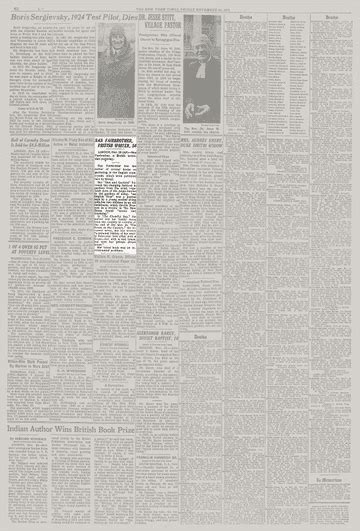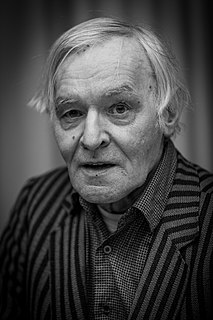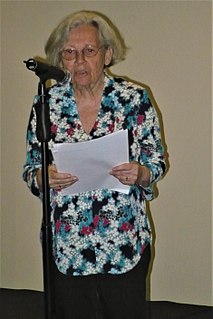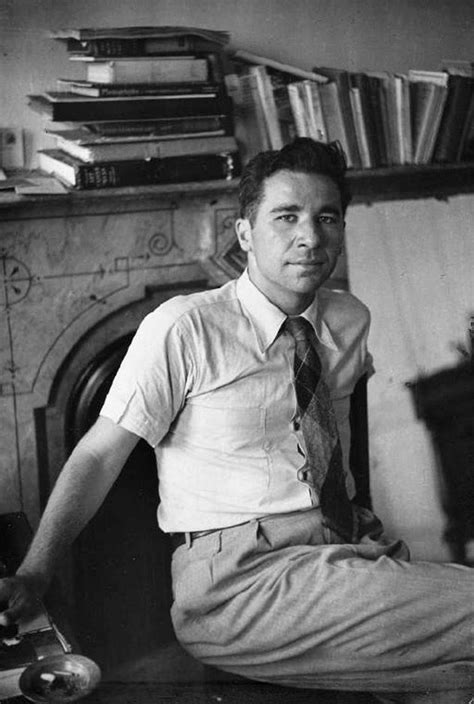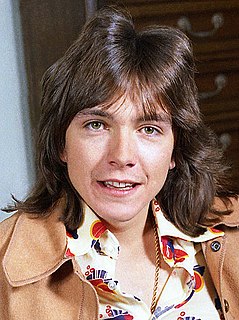A Quote by Madeleine L'Engle
For the past several generations we've forgotten what the psychologists call our archaic understanding, a willingness to know things in their deepest, most mythic sense. We're all born with archaic understanding, and I'd guess that the loss of it goes directly along with the loss of ourselves as creators.
Related Quotes
Human beings are born and begin their evolution through the great spiral of consciousness, moving from archaic to magic to mythic to rational to perhaps integral, and from there perhaps into genuinely transpersonal domains. But for every person that moves into integral or higher, dozens are born into the archaic.
when people go away, or when we leave the places we love, or something we treasure goes out of our life - I have always noticed that before it happens - this leaving, this parting - when we think about it beforehand we are overwhelmed with sadness at the loss to come. ... the most unbearable sense of loss, the worst homesickness of all, so I have found, is this loss and sickness we feel beforehand, before we ever leave home.
The loss of the religious understanding of the human condition—that Man is a fallen creature for whom virtue is necessary but never fully attainable—is a loss, not a gain, in true sophistication. The secular substitute—the belief in the perfection of life on earth by the endless extension of a choice of pleasures—is not merely callow by comparison but much less realistic in its understanding of human nature.
The compensations of calamity are made apparent to the understanding also, after long intervals of time. A fever, a mutilation, a cruel disappointment, a loss of wealth, a loss of friends, seems at the moment unpaid loss, and unpayable. But the sure years reveal the deep remedial force that underlies all facts.
Over the past few years, the road to confrontation has shown its consequences: loss of innocent lives, destruction and fear. Most costly, however, was the loss of hope. The most precious gift that you can present to your peoples over the coming weeks is renewed hope born out of tangible progress on the ground.
What we grieve for is not the loss of a grand vision, but rather the loss of common things, events and gestures.... ordinariness is the most precious thing we struggle for, what the Jews of the Warsaw Ghetto fought for. Not noble causes or abstract theories. But the right to go on living with a sense of purpose and a sense of self-worth--an ordinary life.
When you go through hell, your own personal hell, and you have lost - loss of fame, loss of money, loss of career, loss of family, loss of love, loss of your own identity that I experienced in my own life - and you've been able to face the demons that have haunted you... I appreciate everything that I have.




